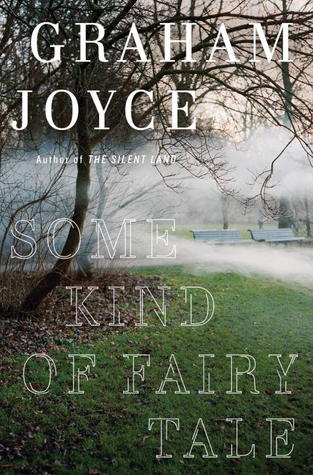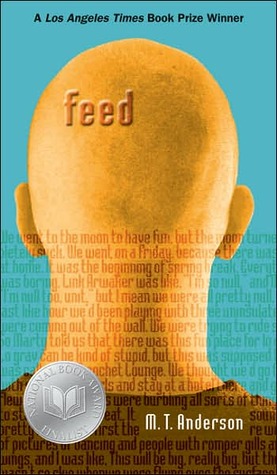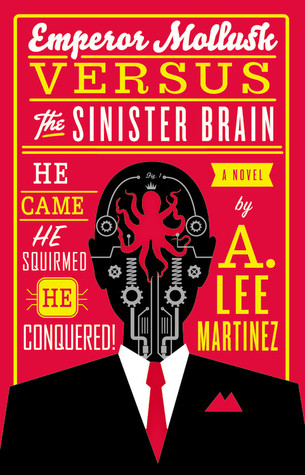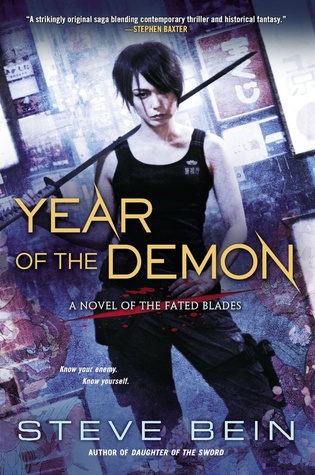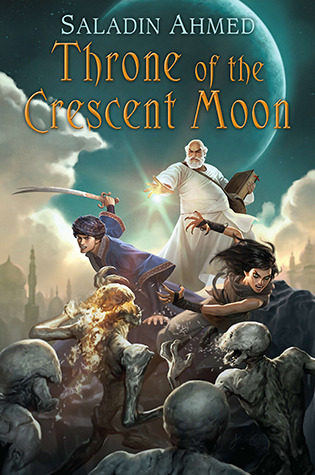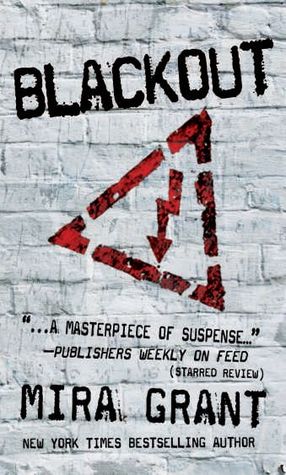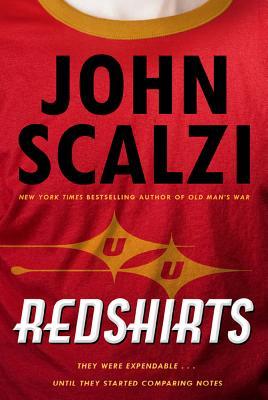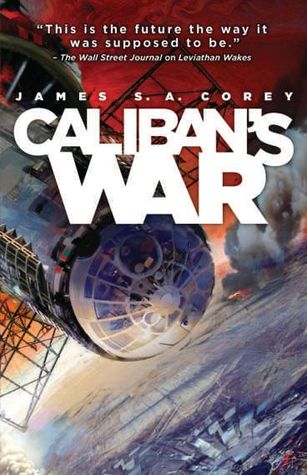 Seraphina by Rachel Hartman was another nominee for this year's Andre Norton award like David Levithan's Every Day that I read a few weeks ago. I enjoyed that one, but I think this is the better of the two.
Seraphina by Rachel Hartman was another nominee for this year's Andre Norton award like David Levithan's Every Day that I read a few weeks ago. I enjoyed that one, but I think this is the better of the two.
The kingdom of Goredd is living in a time of peace many years after a war between the humans of the lowland countries and the dragons who live in the mountains surrounding them.
All is not well though. The human countries fear the dragons and anti-dragon groups are rabble-rousing as the anniversary of the human/dragon peace treaty-signing approaches. There is even support for the anti-dragon sentiment amongst the nobility of the country and a part of the religious community that is fervently anti-dragon.
The dragons themselves are coldly unemotional and don't understand the irrationality of human society even though they can take human form and participate in it. In fact, they have their own issues with an internal group of gestapo-like Censors who are empowered to do mind-surgery on dragons that they feel have been tainted by human emotion.
Seraphina is a musical prodigy who is struggling with the attention her
talent brings her and that she needs to keep an important secret about
herself: she is half-dragon. This secret becomes critical when she is involved with the ruling classes of both species.
There are many things to love about these books. Both societies, Goredd and dragon get some attention and you get some idea of what the other human countries of the plains are like as well. The way that religion is approached here is very good with it being seen as a source of intolerance as well as spirituality. The belief in the Saints of this religion is at the core of social life in Goredd and this clearly comes through in the text. Fantasy world-building often neglects this aspect of culture even though not a single human culture has evolved without it.
Politics is also at the core of this book and it's clear that the societies of both these cultures have a strong influence on the way they approach the treaty. If I have an issue with these books, it's that I have trouble seeing how the treaty has lasted this long when the people in charge of each society are so clueless, although the brief tale on how the treaty came to be would make an interesting novel itself.
One other thing I thought was well done was the understated romance subplot. Unlike many of these supposedly YA novels, this isn't the main story; prevention of war and survival is. And that's as it should be.
Overall I quite enjoyed this although it was very slow to start with and I felt that it went to pieces a bit at the end. Pacing issues mainly and when Seraphina is revealed you're left wondering what all the big deal was. Looking forward to the next one.
Currently Reading: I just finished Sister Mine by Nalo Hopkinson and I'm currently reading To Walk the Night by E. S. Moore.
